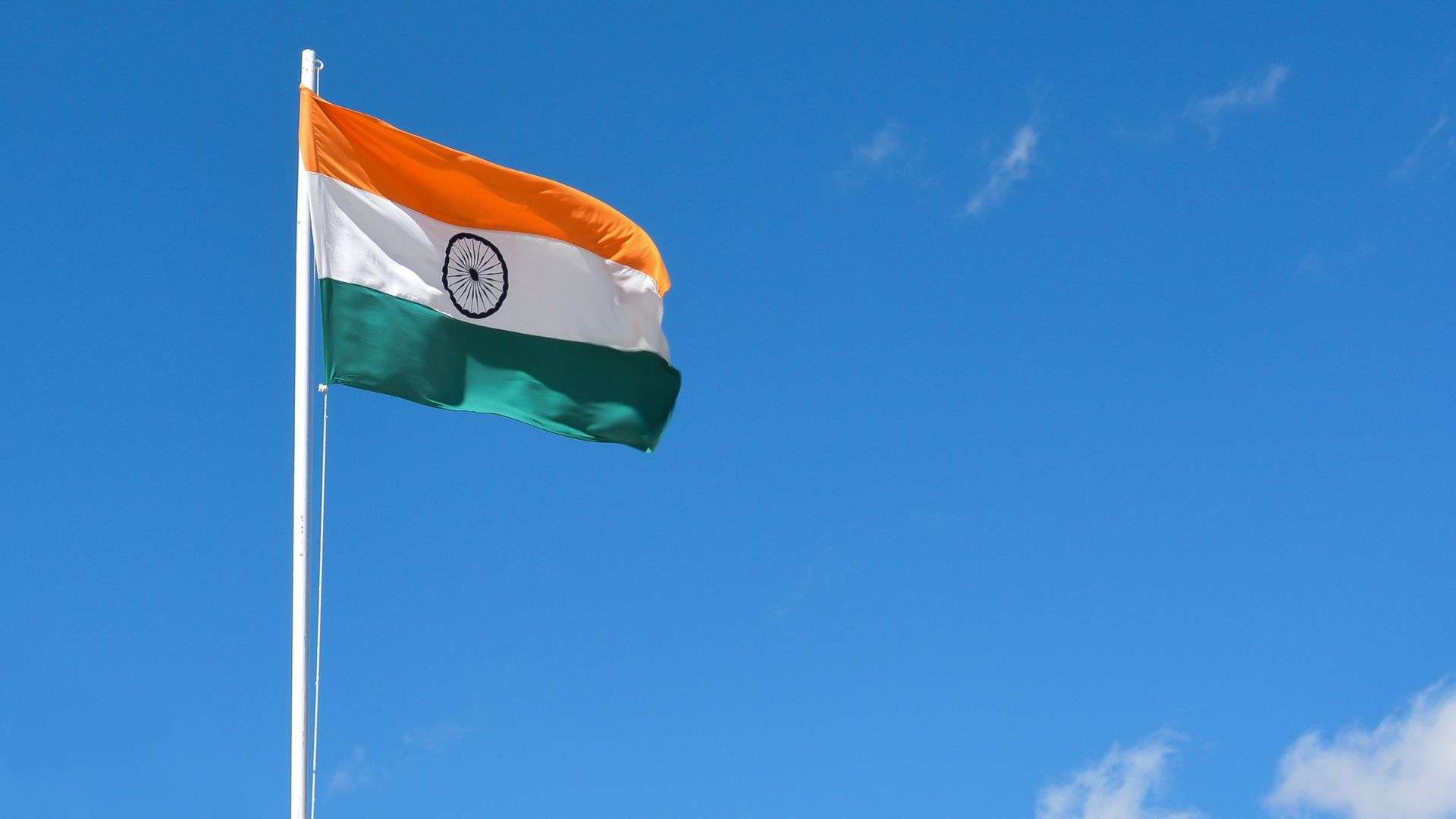Understanding the Diversity of Caste in India and its Societal Impact
India's caste system is a centuries-old social structure that has shaped the country's cultural, economic, and political landscape. Rooted in tradition and hierarchy, the caste system is comprised of a diverse array of castes and sub-castes, each with its own customs, traditions, and social roles. According to history and sources, the caste system in India is estimated to include 3,000 castes and 25,000 sub-castes, with each caste traditionally associated with a specific occupation. In this blog, we'll delve into the complexity of India's caste system, exploring its categories, castes, and sub-castes.
India's caste system is a complex social structure deeply ingrained in the country's history and culture. With thousands of castes and subcastes, each with its own customs, traditions, and social hierarchy, the caste system has a profound influence on the lives of millions of people across the country. In this blog, we'll delve into the intricacies of India's caste system, exploring its diversity and examining its impact on society.
The Four Categories of the Caste System:
- Brahmins (Priests and Scholars): Brahmins occupy the highest position in the caste hierarchy and are traditionally associated with priestly duties, religious rituals, and scholarly pursuits. They are considered to be the custodians of knowledge and wisdom in Hindu society.
- Kshatriyas (Warriors and Administrators): Kshatriyas are the warrior and ruling class of the caste system. Historically, they were responsible for protecting the realm, leading armies, and governing territories. Today, Kshatriyas are often associated with leadership roles in politics, administration, and defense.
- Vaishyas (Traders and Merchants): Vaishyas are the merchant and business class of society. They are traditionally involved in trade, commerce, and agriculture, playing a vital role in the economy. Vaishyas are responsible for producing and distributing goods and services.
- Shudras (Laborers and Servants): Shudras occupy the lowest position in the caste hierarchy and are traditionally engaged in manual labor, agriculture, and service-oriented occupations. They provide essential services to society but are often marginalized and disenfranchised.
Diversity of Castes and Sub-Castes:
Within each of the four main categories, there exists a vast array of castes and sub-castes, each with its own distinct identity and social standing. Castes are often based on hereditary occupation, with individuals born into a particular caste inheriting its social status and privileges. Sub-castes further divide each caste group, creating a complex hierarchy of social identities.
The Diversity of Caste: India is home to a multitude of castes, with estimates ranging from thousands to tens of thousands. The caste system is hierarchical, with each caste traditionally associated with a specific occupation or social role. Castes are further divided into subcastes, creating a complex web of social identities that permeate all aspects of life.
Historical Origins: The origins of the caste system in India are shrouded in antiquity and subject to debate among historians and scholars. Some theories suggest that the caste system may have evolved from ancient tribal divisions, while others attribute its development to socio-economic factors and the consolidation of power by dominant groups.
Influence on Society: The caste system exerts a profound influence on Indian society, shaping relationships, opportunities, and social mobility. Individuals are often born into a particular caste and inherit its social status, privileges, and restrictions. Caste-based discrimination and prejudice persist in various forms, affecting access to education, employment, healthcare, and other essential services.
Impact on Education and Employment: Caste-based disparities in education and employment remain a significant challenge in India. Marginalized caste groups, such as the Scheduled Castes (SC) and Scheduled Tribes (ST), often face barriers to accessing quality education and securing gainful employment opportunities. Discrimination and social stigma further exacerbate these inequalities, perpetuating cycles of poverty and exclusion.
The preeminent individuals among Jowr's populace, recognized as the SC and ST, are more than mere societal classifications; they are also revered as the People of God, although this designation often eludes their awareness. The genesis of India's caste system remains shrouded in historical ambiguity. Some posit its inception coincided with the advent of the Aryans circa 1900 BC, while others speculate it was introduced by Indo-European-speaking migrants from West Eurasia during the period spanning 6000–1000 BC.
Efforts Towards Social Justice: Despite the enduring influence of the caste system, efforts to address caste-based discrimination and promote social justice have gained momentum in recent years. Constitutional safeguards, affirmative action policies, and grassroots activism aim to empower marginalized caste communities and promote inclusivity and equality.
Moving Towards Equality: While progress has been made in challenging caste-based discrimination and promoting social equality, much work remains to be done. Building a more equitable society requires concerted efforts from all stakeholders, including government institutions, civil society organizations, and individuals. By fostering dialogue, raising awareness, and advocating for policy reforms, we can collectively work towards a future where caste-based discrimination is eradicated, and all individuals enjoy equal rights and opportunities.
As India continues to evolve and modernize, there is a growing recognition of the need to address caste-based inequalities and promote social justice. Efforts to empower marginalized caste communities, promote education and economic opportunities, and combat discrimination are essential steps towards building a more inclusive and equitable society.
In conclusion, India's caste system is a complex social phenomenon characterized by diversity, hierarchy, and tradition. By acknowledging its complexities, promoting dialogue, and advocating for policy reforms, we can work towards creating a society where every individual has the opportunity to thrive and contribute to the nation's progress.
Qezla Team
Read Next
- Instagram Viral Post
- Facebook Viral Post
- LinkedIn Trending Post
- YouTube Trending Videos
- Top News, Stories and Blogs
Read The Next
Buy Green Mussels Wholesale India Online
Where to buy green mussels in India
Fresh Green Mussels Wholesale in India
Green Mussel Exports And Wholesalers in Thekepuram
Green Suppliers in Kerala
Goa Green Mussels Suppliers
Must Watch Heart Touching Telugu Audio Film
Top LinkedIn Groups Worth to Join

- Work from home Jobs India
- Software/Technology Jobs
- All Work from home Jobs
- USA Recruiting/Staffing
- USA H1B Opportunities
- Business USA &Canada
- BPO/Call Center Jobs
- USA & Canada Jobs
- Traveling Industry
- Export And Import
- Work from home
- NRI Community
- Health And Food
- Software & Tech
- Part Time Jobs
- Film Industry
- Agriculture
- BPO
- Blog
- Jobs
- USA
- Video Editing And Post Production
- Australia, Sydney, Adelaide, Queensland
Top Facebook Groups Worth to Join

- Business USA Canada Australia
- Software/Technology Jobs
- USA Recruiting/Staffing
- USA H1B Opportunities
- BPO/Call Center Jobs
- Automotive Industry
- India Manufacturers
- Canada Marketing
- Indians in Canada
- Andhra Pradesh
- Visakhapatnam
- India Startups
- Film Industry
- Rajahmundry
- USA Visa
- Hyderabad
- Kakinada
- Film Jobs
- India Jobs
- Education
- Spiritual
- Health
- Quotes
- Food
- NGO
- USA
- Video Editing And Post Production
- Sydney, Australia
- New York People
- Indians in Germany/ Deutschland
- Book Reading
Disclaimer
The information on this website is not meant or indicated to be a substitute for professional medical advice, diagnosis, or treatment. This website's content, including text, graphics, photos, and information, is intended solely for general information purposes. You should not take any action without first consulting a healthcare expert.
If you have any queries or need more information, please do not hesitate to contact us at the following e-mail address: info@qezla.com


